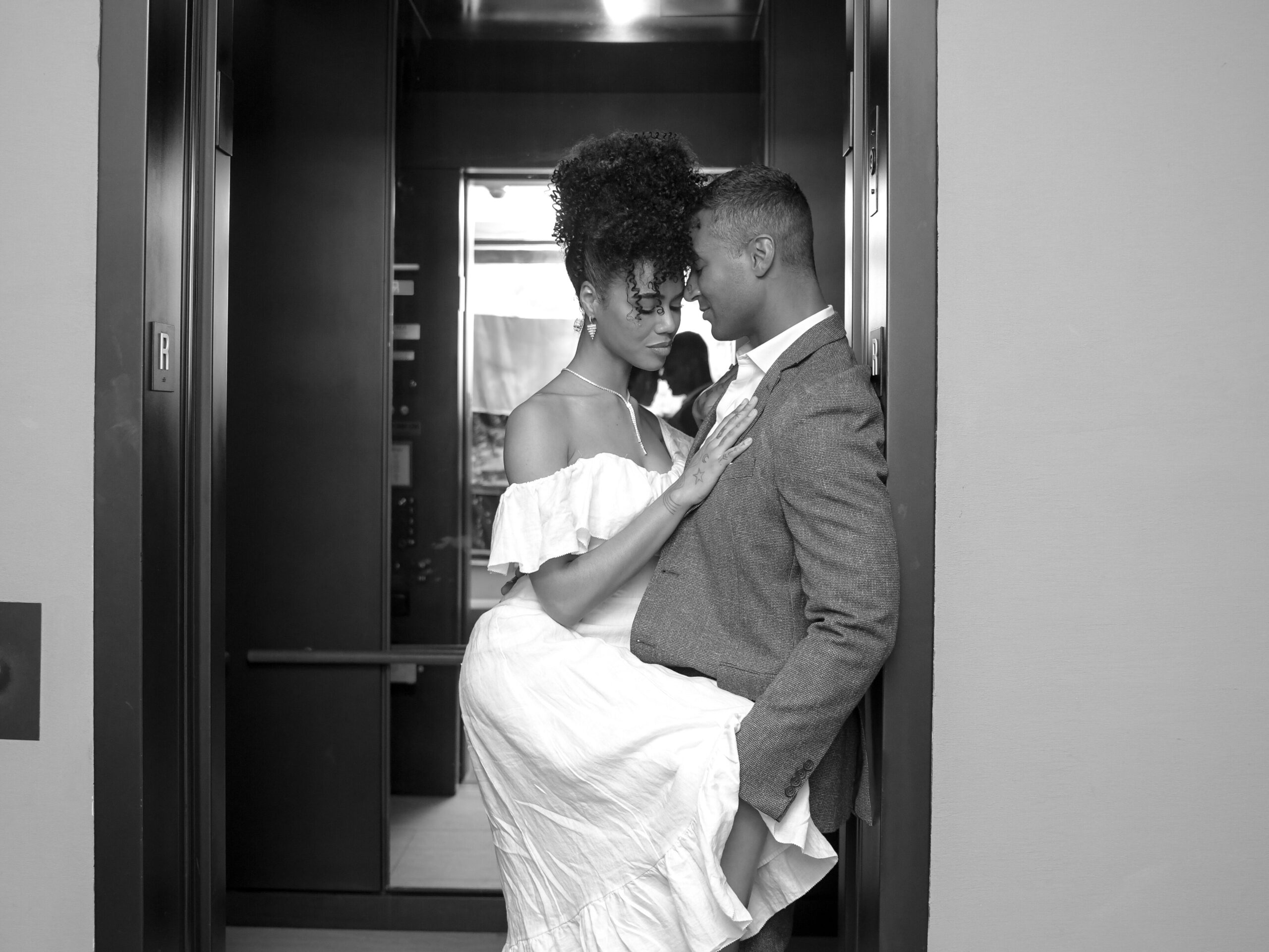
Planning a wedding is about more than picking colors, booking vendors, and writing checks. At its core, it’s about building a shared experience that feels like you, together. But between different preferences, communication styles, and the sheer volume of decisions, it’s easy for even the most in-sync couples to find themselves slightly off-track.
If you’ve ever asked, “Are we even planning the same wedding?”—you’re not alone.


1. Set Your Shared Priorities Early—Before the Noise Sets In
Before diving into mood boards or touring venues, take a quiet moment—just the two of you. No Pinterest, no parents, no outside opinions. Talk through what’s most important to each of you: the atmosphere, the guest experience, the budget, the feeling you want people to leave with.
Are you dreaming of an intimate weekend surrounded by your closest people? Do you care more about a gourmet menu than a floral installation? Are you aligned on the guest count—or is one of you inviting everyone from college?
These early conversations become your foundation. Without them, it’s too easy to be swept into someone else’s version of a “perfect wedding.” My couples love using a Priority Planning Sheet at the start of our work together—it turns a big, overwhelming process into something grounded, focused, and personal.
2. Schedule Check-Ins That Aren’t Just About Tasks
Wedding planning can turn your partnership into a never-ending to-do list. One of you texts about RSVPs, the other responds while walking into a meeting. It’s all logistics, all the time.
But what about how you’re both feeling?
Create space for check-ins that aren’t just transactional. Whether it’s a quiet Sunday morning coffee or a weekday walk with no phones, make room to talk about how the process is affecting each of you. Is one of you feeling unheard? Overwhelmed? Left out?
Emotional clarity is as important as your timeline. These conversations are where resentment gets diffused, excitement gets reignited, and small disconnects get resolved before they snowball.
Pro tip: Keep a shared “wedding wins” list so you both can see what’s going well and celebrate small victories together.
3. Divide the Work Based on Strengths, Not Stereotypes
There’s no prize for doing it all alone—or for following traditional gender roles or expectations. The best wedding planning experiences come from playing to your strengths.
Maybe one of you thrives on creative expression and would love to own the design details. The other might be incredibly organized and feel more comfortable handling contracts, logistics, or guest communication.
It’s not about equality by the hour; it’s about intentional collaboration. Honor your natural abilities and respect each other’s contributions. This not only eases the load, but it also creates a deeper sense of shared ownership.
And don’t forget to celebrate each other—compliment the playlists, appreciate the spreadsheet, and acknowledge the effort you’re both putting in.
4. Respect Each Other’s Planning Bandwidth
One of the biggest tension points in wedding planning? Assuming your partner should care about (or have time for) every detail at the same intensity you do. The truth is, even the most supportive partner might not be emotionally invested in stationery layouts or linen swatches—and that’s okay.
Instead of fighting that difference, name it. Ask each other:
What decisions do we both want to weigh in on?
What details can one of us run with?
Where do we each need space to step back and breathe?
This isn’t about disengagement—it’s about preserving energy and protecting your relationship. Planning a wedding can feel like a part-time job. Recognizing each other’s capacity and honoring that with grace and trust can prevent burnout, arguments, and resentment.
At Evelyn Events, one thing we often remind our couples: You don’t have to carry the same weight to walk the same path. We’re here to hold space for both of you—creatively, logistically, and emotionally.

At Evelyn Events, I’ve seen firsthand how the most memorable weddings come from strong foundations—and that foundation is the relationship. When your values, communication, and connection are prioritized, everything else begins to fall into place.
Your wedding should reflect who you are, not just as individuals but as a team. So take the time, ask the hard (and the fun!) questions, and stay curious about each other in the process.
And if you’re ready to take the stress off your plate and create space to enjoy the journey, I’d love to guide you there.
Comments